For the ModelDocs research programme we analysed behavioural data from dwelling consents in the month of May 2023 in order to determine where there are issues in the consenting process, and what improvements can be made.
We focused the research on two Building Consent Authorities, who collectively comprise close to half of all residential building consents:
- Auckland Council (who, between Nov 2023 and March 2024, processed 42% of New Zealand’s consents), and
- Tauranga City Council (who processed 2% of residential consents and are representative of smaller regional councils)
The key findings show us that there’s a lot of room for improvement in our consenting process — and that it’s not just the Councils who need to step up their game.
Building consent applications are taking 40 to 55 days on average
First off, the research confirmed what we all know: that the building consent process is taking longer than we would like.
In Auckland, building consent applications are taking 55 working days on average. This timeframe includes submission of the consent application, Council processing time and the time it’s taking the LBP (designer) or architect to respond to any requests for information (RFIs).
In Tauranga, building consent applications are taking 40 working days on average — again including Council processing time, and the time taken for the sender to respond to RFIs.
There are approximately 600,000+ RFI items each year
The data shows that each building consent application generates 2.3 (Tauranga) to 2.5 (Auckland) RFI letters, with a combined total of 27 (Tauranga) and 30 (Auckland) line items, each requiring a response.
In 2023, Auckland and Tauranga represented 44% of all dwelling units consented in New Zealand.
If we take the May 2023 numbers from Auckland and Tauranga to estimate the number of RFIs across the full 20,177 dwelling consents granted nationally in 2023, it will equate to an incredible 600,000+ RFI line items across the country.
Designers are responsible for the biggest delay in consent processing
Our research found that it’s not the time Councils are taking to process a consent, but the time they are waiting for a response to any RFI line items, that is causing consenting timeframes to blow out.
The research shows that Auckland Council takes 19 statutory days on average to process a consent, within the 20-day expected timeframe. What’s holding up the process are the 36 days on average that the consent application is on hold while the Council is waiting for the sender (person who submitted the building consent application, usually an LBP designer or Architect) to respond to any RFI line items. With 30 line items on average for Auckland, it is taking the sender 1.2 days on average to respond to each line item.
In Tauranga, we see a similar picture, with 18 days added to the overall consent process while the consent is on hold waiting for RFI responses.
Missing documentation is the biggest cause of RFI line items
Councils have often been stigmatised for generating unnecessary RFI line items and slowing down the consent process, but our analysis found that this is rarely the case.
Of the consent applications analysed:
- 14% were the fault of the receivers (BCAs)
- 86% were the fault of senders (LBPs and architects), including:
- 66% missing documentation
- 10% incorrect documentation
- 5% obscured documentation
- 5% mis-coordinated documentation (say between the designer and structural engineer)
So, we’re noticing some poor behaviour on behalf of those applying for building consent — and it’s a systemic problem. Some of this could be due to a lack of understanding or education around what is required, while some may be using the consenting process to flush out what’s required.
Increasing efficiency in the building consent process
The research indicates that while BCAS can make some improvements, the greatest opportunity to streamline the consenting process lies in improving the quality of submissions from LBPs and architects. Sharing this research aims to raise awareness of this responsibility among LBPs and architects and educate them on how they can make the consenting process smoother and faster.
Check out my next blog post as I explore two key areas of the Building Code where we see the most room for improvement.
ModelDocs blog post series:
- #1 What’s really slowing down the building consent process?
- #2 Poor documentation for B1 and E2 is slowing down the building consent process
- #3 Three key ways we can speed up the building consent process
About ModelDocs
ModelDocs: Transforming building consenting behaviour for better housing is a BRANZ External Research Report authored by Professor Anthony Hōete and funded by the Building Research Levy. Read the full report online here











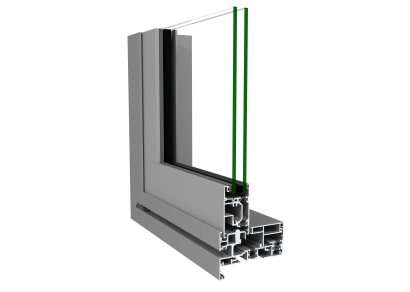

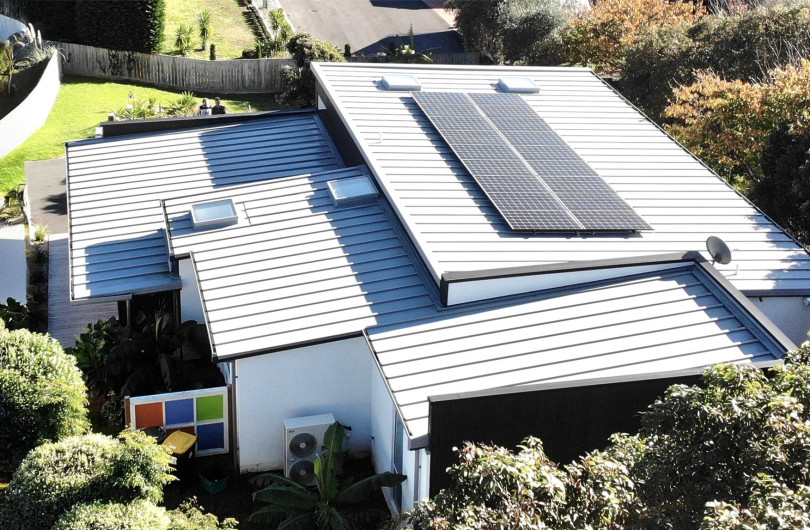
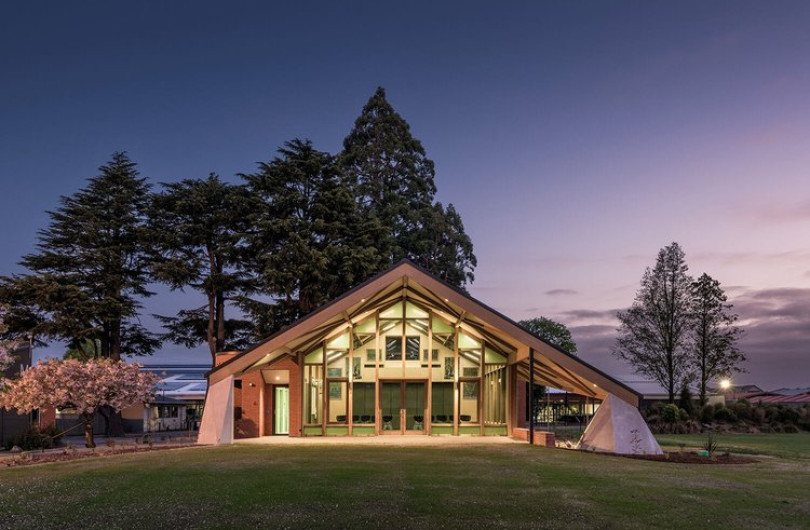

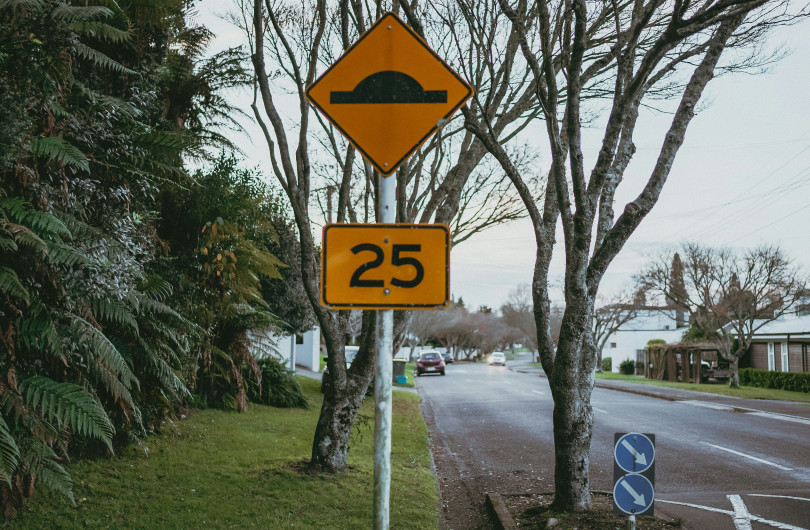
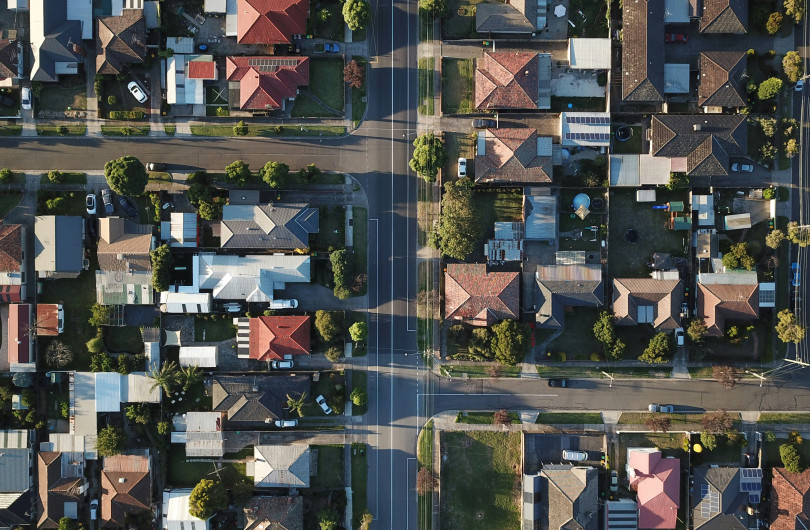

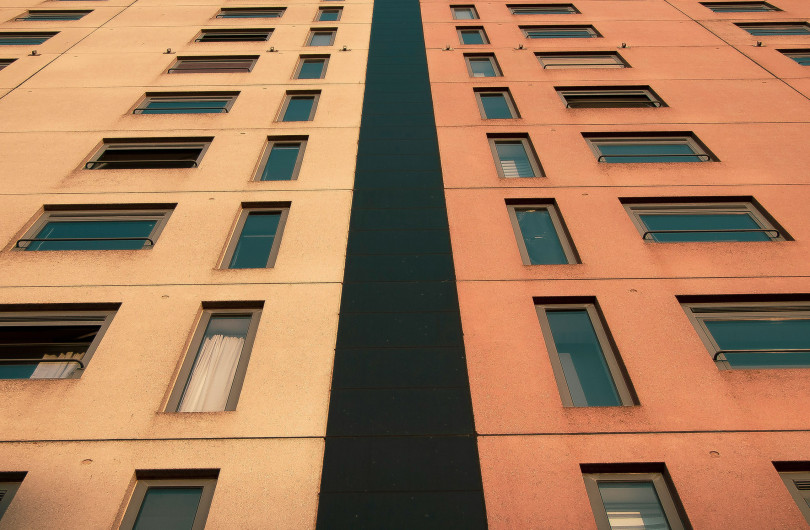



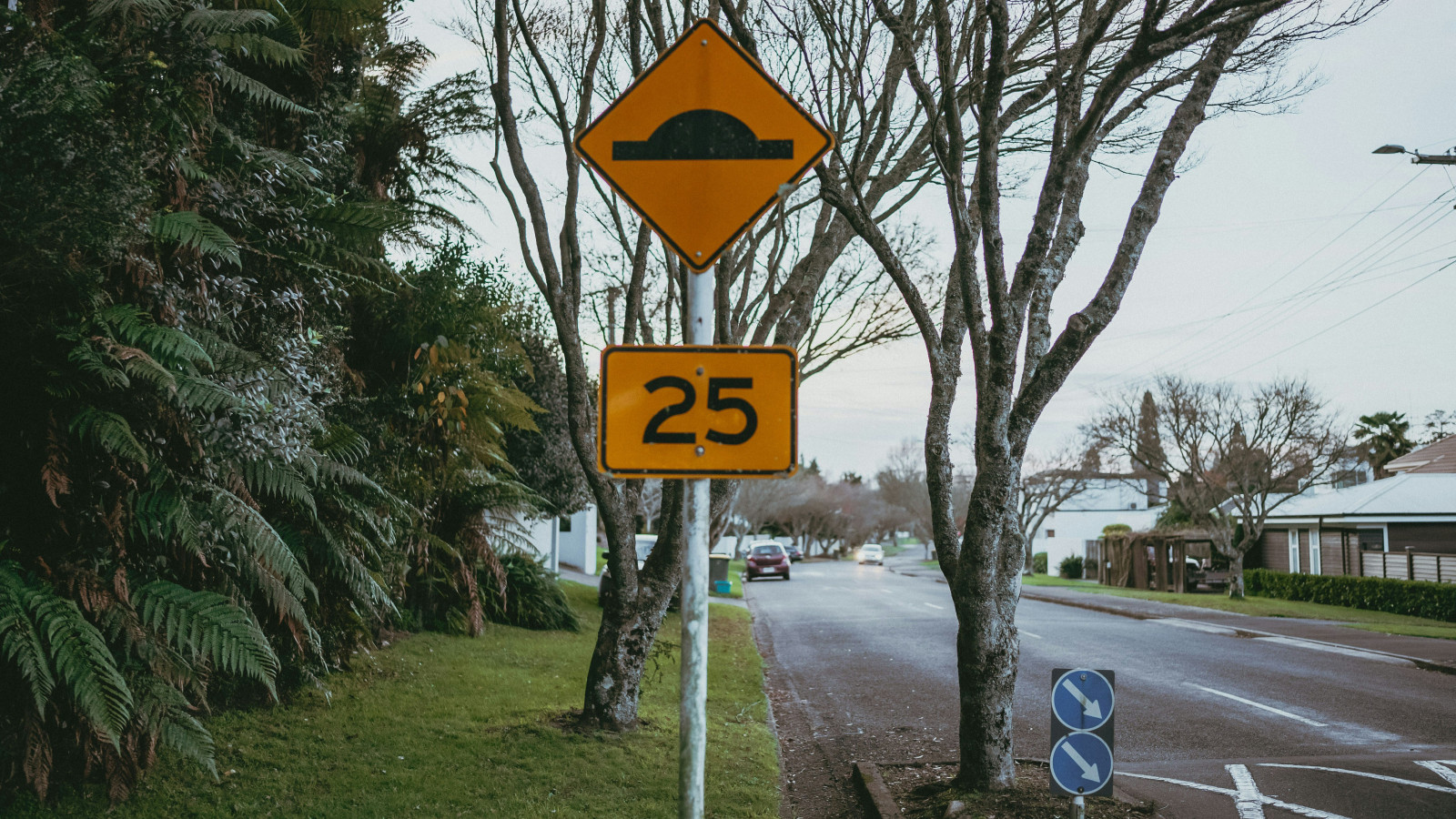



 Most Popular
Most Popular Popular Products
Popular Products



